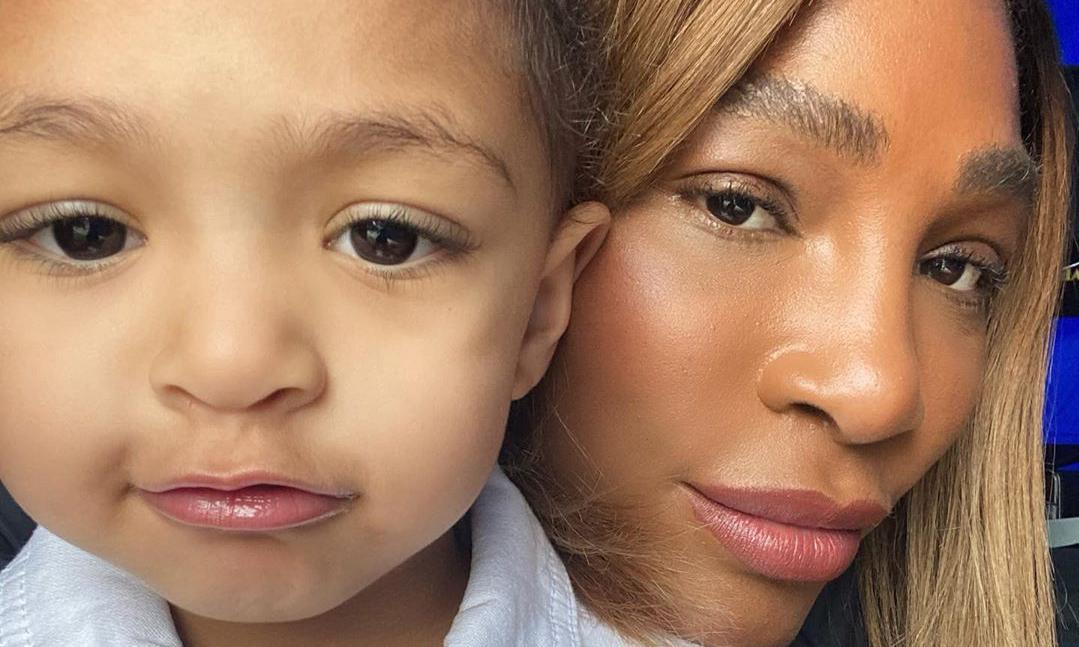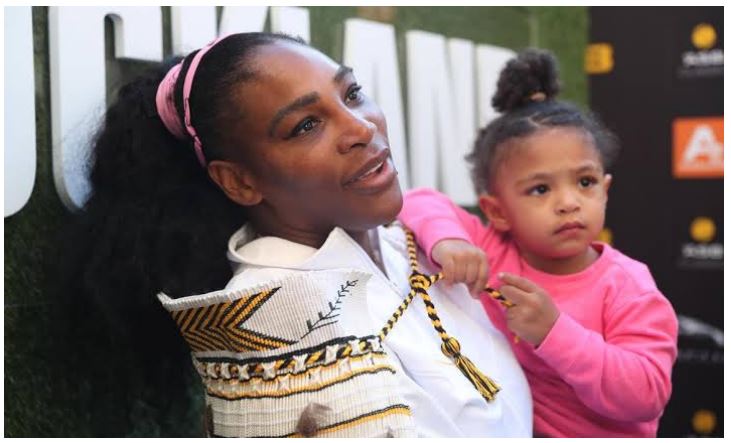During quarantine, Serena Williams’ migraine attacks went from infrequent to almost daily occurrences that made parenting daughter Olympia, more challenging.
Serena Williams has played through many things: shoulder inflammation, knee injuries — even pregnancy, when she won the 2017 Australian Open while carrying her daughter Olympia. But what tennis fans didn’t realize as she played her way towards 23 Grand Slam wins was that she was often dealing with an invisible pain: migraine.

The four-time Olympian, 39, has struggled with periodic migraine attacks since her twenties, when she first experienced the “debilitating, throbbing pain” well-known to people living with migraine.
It was hard for Williams to explain to her dad Richard, her coach until 2012, why the sunlight during her daily practices was causing her so much pain.
“Migraine isn’t a knee injury — it’s something you can’t physically see,” she tells PEOPLE. “You can’t really say, ‘Oh, Dad, I have a migraine. I’m going to stop playing.’ People are like, ‘I don’t see swelling. I don’t see bruising. Tough it out.’ I got used to playing through the pain.”

Williams says there have been “so many” matches where she just had to power through her migraine attacks, like a 2001 match she lost to Martina Hingis in Sydney.
“You can’t go into a press conference with the media asking, ‘Well, what happened?’ and say ‘Well I had a migraine attack,’ ” she says. “I had to figure out a way to work through it.”
And for the most part, Williams’ migraine attacks were infrequent enough that she could deal. But in March, when her family of three — Williams, husband Alexis Ohanian and their nearly 3-year-old daughter Olympia — went into quarantine like most of the U.S., her migraine attacks became almost daily occurrences.

“It’s all incredibly stressful,” she says of the COVID-19 pandemic. “I was dealing with a lot of stress and unknown factors and things that I wasn’t used to, and so I think that was contributing to my migraine attacks and making them more frequent.”
Williams would train while also entertaining Olympia with princess dance parties, baking and riding scooters.
“I would be so intense with the baby all day long, and then, at night, I would have this long migraine,” she says.

In need of a treatment — especially living in bright, sunny Florida — Williams went to her doctor, who prescribed Ubrelvy, a drug that can relieve pain and symptoms during a migraine attack. It worked so well for the tennis champ that she signed on as a spokeswoman.
Williams is also thrilled to have an answer to her migraine as she preps for the upcoming U.S. Open in New York City, which will be played without fans due to the pandemic.

“I’ve always played with such a big crowd,” she says. “Without fans, how will I do? I don’t even know. But I look at it as another experience. A wild experience.”